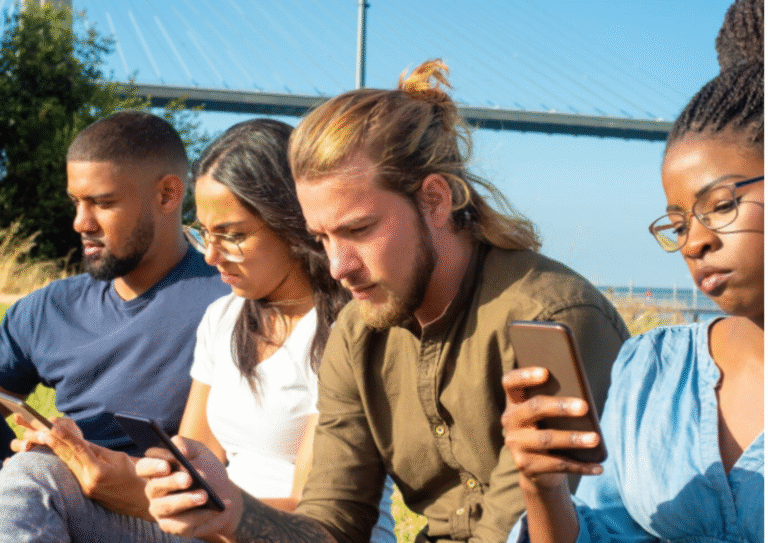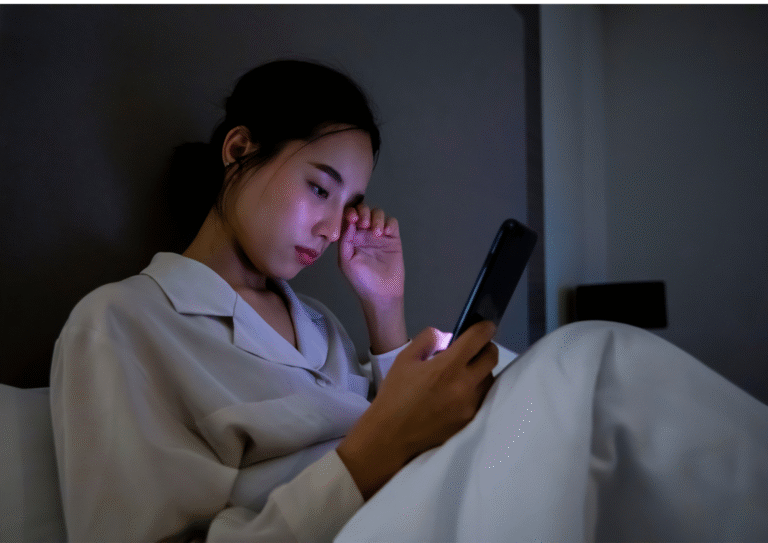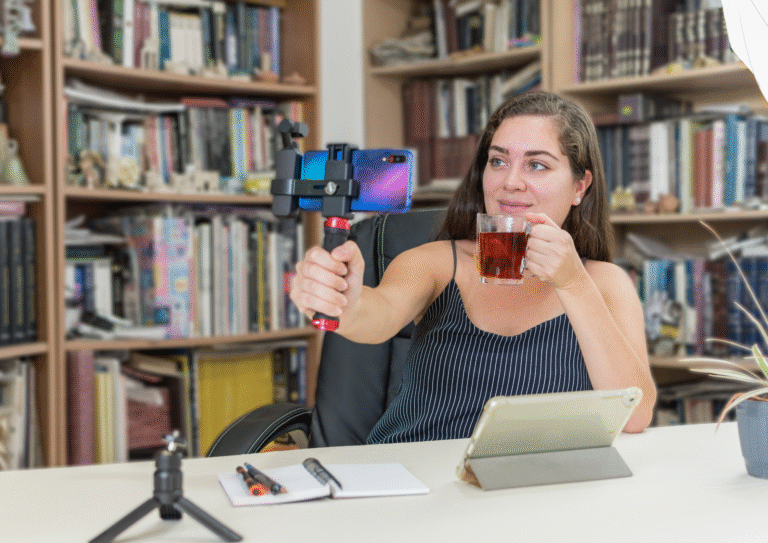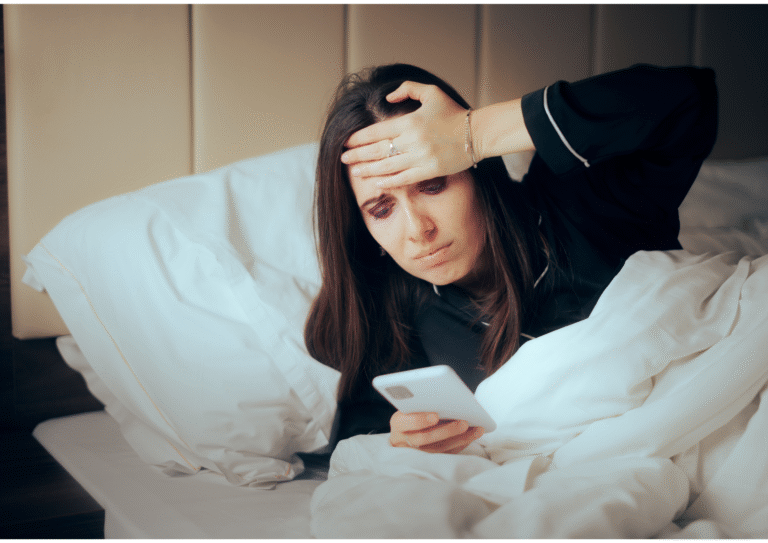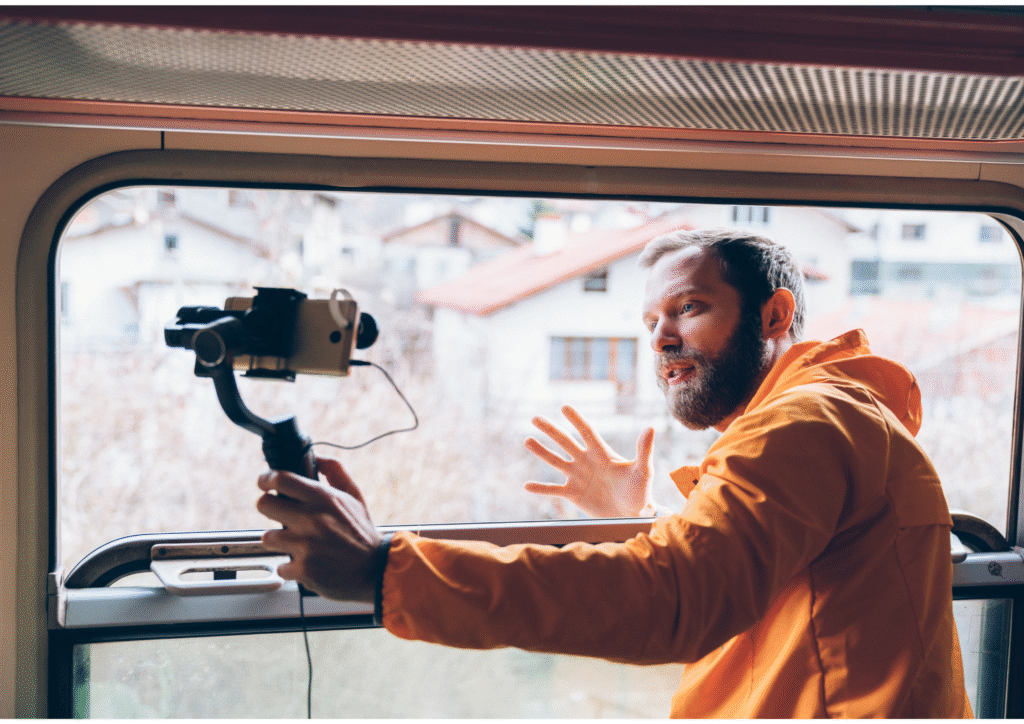
Do you spend hours creating amazing content, pouring your heart into every video, post, or artwork? Or maybe you’re a dedicated fan, deeply invested in your favorite creators and communities? Have you noticed that sometimes, this passion leaves you feeling drained, anxious, or even sad, instead of happy and inspired? This silent struggle with mental health in the digital world, whether you’re making or consuming, is a problem many people face. If you want to learn how to keep your mind strong and healthy while pursuing your passions online, keep reading. You’re about to discover powerful ways to protect your inner peace.
Protecting your mental health as a creator or a fan is much more than just avoiding trolls or taking a break. It’s about building strong habits and a healthy mindset that will help you thrive in the often-demanding online world. This matters more than people realize because our digital lives are now deeply tied to our real-life well-being. The constant pressure to perform, the endless stream of comments, and the intense emotional connections can silently wear us down, affecting our mood, sleep, and overall happiness. It’s like trying to run a marathon without ever stopping for water. . . eventually, you’ll hit a wall.
Some might argue, “If you can’t handle the heat, get out of the kitchen! Being a creator or a dedicated fan means you have to be tough. It’s part of the game. If you’re feeling stressed, maybe you’re just not cut out for it.” They might say that criticism is just feedback, and that true fans or creators should be able to brush things off. On the one hand, it’s true that building resilience and learning to handle disappointment are important life skills. However, this way of thinking misses a huge point. The online world is often designed to be addictive and intense, and it can expose us to levels of praise and negativity that our brains aren’t built to handle constantly. It’s not about being “weak”. . . it’s about protecting a very real, very important part of yourself. It’s almost as if the internet expects us to be robots, immune to feelings, but last I checked, we’re still mostly squishy humans.
For creators, the challenges are unique. There’s the constant pressure to produce new content, to stay relevant, and to grow your audience. This often leads to burnout, where you feel completely exhausted and lose interest in what you once loved. Then there’s the feedback. . . the wonderful, supportive comments can make your day, but the negative, hateful ones can sting deeply. It’s like a roller coaster of emotions, and your brain is constantly trying to keep up. This can lead to anxiety, self-doubt, and even depression. As a result, many creators struggle in silence, feeling like they can’t admit they’re struggling because it might hurt their “brand.”
A study by the University of Southern California (Kaye & Johnson, 2019) looked at the mental health of influencers and found high levels of stress and anxiety related to audience engagement and performance pressure.
**
“Our research indicates that digital content creation, while offering unique opportunities, also presents significant psychological burdens, including high rates of anxiety and burnout among creators.” **
This shows that making online content, even if it’s fun, can really make creators feel stressed and tired.
For fans, the emotional toll can be just as real. You might feel deeply connected to a creator or a community, which is amazing. But this can also lead to intense emotional highs and lows. If your favorite creator takes a break, or if there’s drama within the community, it can feel like a personal loss or conflict. There’s also the pressure to keep up, to watch every video, to know every detail. This can lead to obsessive behaviors, neglecting real-life responsibilities, and feeling anxious about missing out. On the other hand, being a fan can also bring immense joy, connection, and a sense of belonging. The key is finding a healthy balance. This explainer on digital wellness shows why setting boundaries is vital for both creators and fans.
So, how can you protect your mental health in this wild online world?
For creators:
- Set Clear Boundaries: Decide when you work and when you don’t. Don’t check comments or analytics 24/7. Give yourself real time off.
- Separate Your Self-Worth from Your Content: Your value as a person is not based on your views, likes, or subscriber count. Remind yourself of this often.
- Build a Support System: Talk to other creators who understand your struggles. Have trusted friends or family who can remind you of who you are outside of your online persona.
- Learn to Handle Criticism: Not all feedback is helpful. Learn to tell the difference between constructive criticism (which helps you improve) and hateful comments (which you can ignore). Don’t feed the trolls.
- Prioritize Rest and Hobbies: Make time for things you love that have nothing to do with your online work. Sleep, exercise, and healthy food are your superpowers.
- Seek Professional Help: If you’re feeling overwhelmed, anxious, or depressed, talk to a therapist or counselor. It’s a sign of strength, not weakness.
For fans:
- Practice Mindful Consumption: Be aware of how content makes you feel. If a video or community makes you feel bad, it’s okay to step away.
- Set Time Limits: Use app timers or simply decide how much time you’ll spend engaging with fan content each day.
- Diversify Your Interests: Don’t let one creator or community be your only source of entertainment or connection. Explore new hobbies and friendships offline.
- Remember the Human Behind the Screen: Creators are real people with real lives. Don’t put them on a pedestal or expect them to be perfect.
- Avoid Online Drama: If you see conflict erupting, it’s often best to disengage. Your emotional energy is too valuable to waste on internet arguments.
- Focus on Real-Life Connections: Nurture your friendships and relationships outside of the digital world. These provide a deeper, more stable sense of belonging.
In conclusion, whether you’re a creator pouring your soul into your work or a fan deeply connected to your favorite online worlds, protecting your mental health is not just important. . . it’s essential. The digital landscape offers incredible opportunities for connection and expression, but it also comes with unique challenges. By setting boundaries, practicing self-awareness, building strong support systems, and prioritizing your well-being, you can navigate this space with greater peace and resilience. Take a moment to reflect. . . what’s one small change you can make today to better guard your digital mind? Maybe it’s taking a true day off from creating. . . or simply closing the app when you feel that familiar tug of emotional drain. Your mental health is your most valuable asset.
References:
Kaye, D. B., & Johnson, D. (2019). The Mental Health of Social Media Influencers: A Scoping Review. Cyberpsychology, Behavior, and Social Networking, 22(12), 775-782.
American Psychological Association. (n.d.). Mindfulness for Stress Management. Retrieved from https://www.apa.org/topics/mindfulness/stress-management

